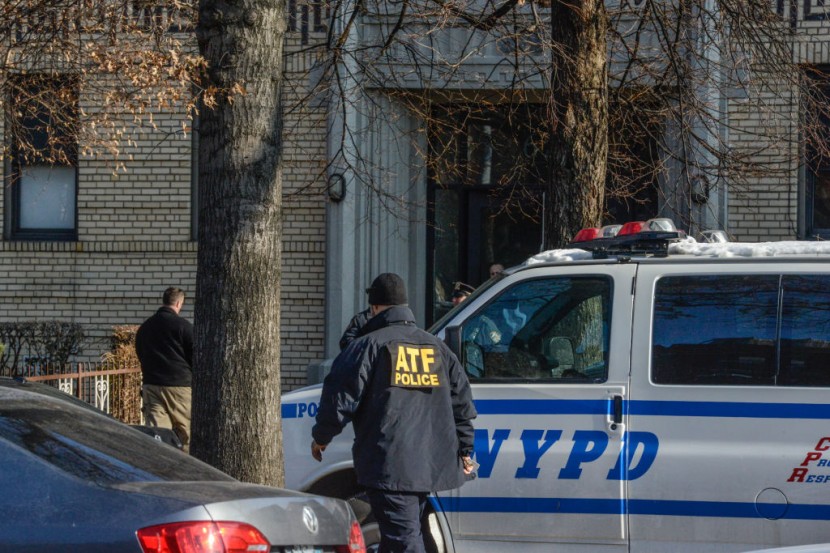
A recent police raid on the Marion County Record, a local newspaper in Kansas, has ignited a fierce debate over press freedoms and journalistic practices.
The incident, which drew national attention, has led to accusations of misinformation, identity theft, and violations of privacy, leaving both media professionals and law enforcement at odds over the nature of the raid and its consequences, as per Wabi5.
Kansas Newspaper Raid Sparks Intense Debate
The Marion Police Chief, Gideon Cody, spearheaded the raid on August 11th, targeting the newspaper due to allegations that reporter Phyllis Zorn had engaged in dishonest or misleading behavior while accessing public documents.
Specifically, Zorn had gathered driving records related to local restaurant owner Kari Newell. The police chief asserted that Zorn either misrepresented her intentions or impersonated someone else during her data collection.
The controversy stems from Zorn's use of Newell's name in a public website search for driving records. According to the police, this act was considered identity theft. However, the newspaper and its staff stand by their actions, asserting that they acted within the confines of the law.
Moreover, a source provided the newspaper with Newell's date of birth and license number unsolicited, which further muddies the ethical and legal dimensions of the situation.
The police raid had significant ramifications for the newspaper and its employees. Beyond the immediate seizure of computers, a router, and personal cellphones, the disruption hindered the newspaper's operations. Employees worked overnight to rewrite stories and reproduce advertisements, exemplifying their commitment to the newspaper's mission despite the challenges posed by the raid.
The following day's paper featured a defiant front-page headline: "SEIZED ... but not silenced." The legal aftermath of the raid added another layer of complexity to the situation. Marion County Attorney Joel Ensey ultimately concluded that there was insufficient evidence to justify the raid.
Consequently, all confiscated items were returned to the newspaper. Ensey's determination prompted him to seek a court order for the release of the seized evidence and the return of the materials to their owners, according to Fox News.
Marion County Record Upholds Its Actions
The Marion County Record's Editor and Publisher, Eric Meyer, emphasized that the newspaper's actions were lawful, asserting that no laws were broken during the information-gathering process. The newspaper's attorney, Bernie Rhodes, echoed this sentiment and provided copies of the previously unreleased affidavits used in the raid.
These documents highlighted that the driving records Zorn obtained were at the core of the raid, sparking the chain of events that led to the confrontation between law enforcement and the media.
The incident has broader implications for the ongoing conversation surrounding press freedoms and journalistic integrity. The clash between the newspaper and the police chief has sparked discussions about the rights and responsibilities of the media in accessing public information.
While authorities might have concerns about potential misuse or misrepresentation of such information, media outlets argue that their actions were aimed at pursuing legitimate news stories and serving the public interest.
As the debate rages on, the Marion County Record's experience serves as a cautionary tale about the challenges faced by journalists in the modern era.
The convergence of digital technology, privacy concerns, and evolving definitions of press freedom necessitates a delicate balance between responsible journalism and the adherence to legal and ethical boundaries.
Ultimately, the incident in Kansas underscores the importance of fostering a robust dialogue that respects both the media's role and the law enforcement's duty to uphold the law, ABC reported.
© 2025 HNGN, All rights reserved. Do not reproduce without permission.








